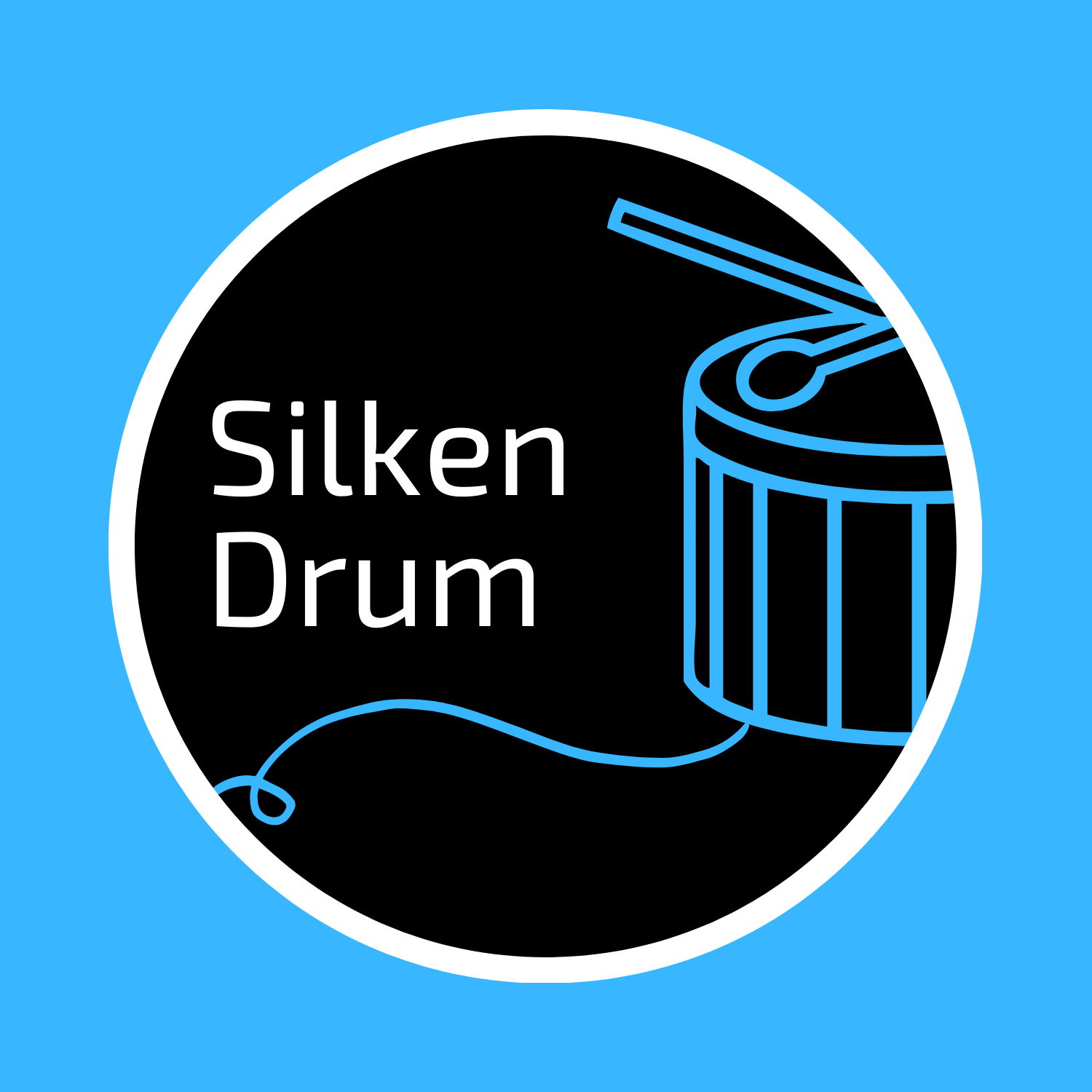Elevating your poetry career requires exploring innovative ways to showcase your talent, and one highly effective method is leveraging poetry blogs for submissions. These platforms not only provide a space to share your work but also connect you with editors and readers who are eager to discover emerging voices. Whether you’re seeking traditional poetry magazines or digital platforms, poetry blogs offer a versatile avenue to submit your creations while gaining valuable exposure. In this comprehensive guide, we’ll delve into the ins and outs of using poetry blogs for submissions, helping you navigate through the complexities of finding the right platforms, enhancing your chances of getting noticed, and determining whether publishing poetry is truly worth the effort. From understanding the best platforms to posting your work, to learning how to create your own poetry blog, this article will walk you through every step needed to elevate your poetry career.
Key Takeaways
– Top Platforms for Poetry Submissions: Discover established avenues like The Poetry Review, Silken Drum, and Submittable to effectively showcase your work.
– Strategies to Get Noticed: Enhance visibility by sharing on social media, joining writing communities, and entering poetry contests or festivals.
– Publishing Poetry Insights: Weigh the benefits of personal growth, artistic expression, and audience connection against the challenges of low visibility and competition.

Do Poetry Blogs Make Money?
Yes, poetry blogs can definitely make money. Here are several effective ways to monetize your poetry blog:
- Ad Revenue : One of the most common ways to earn money from a poetry blog is by displaying advertisements. Platforms like Google AdSense allow you to place ads on your blog, earning revenue based on clicks or impressions. Similarly, services like Media.net offer ad solutions for content creators.
- Affiliate Marketing : By incorporating affiliate links into your blog posts, you can earn commissions when readers purchase products or services through your links. Programs like Amazon Associates, ShareASale, and Commission Junction are popular choices for affiliates.
- Sponsored Content : Partnering with brands or companies that align with your poetry themes can lead to sponsored posts. These partnerships often involve writing about specific products or services in exchange for compensation.
- Digital Products : Create and sell digital products such as poetry books, e-books, or print-on-demand books. Platforms like Gumroad or Etsy can help you market these products effectively.
- Workshops and Events : Hosting live events or workshops related to poetry can generate income. You can charge fees for attending virtual events or selling exclusive access to content.
- Subscriptions : Offer premium content through subscription models. Readers can pay for exclusive access to additional poetry pieces, behind-the-scenes content, or personalized feedback.
- Merchandise : Sell poetry-related merchandise, such as t-shirts, mugs, or posters featuring your work. Platforms like Redbubble or Teespring make it easy to set up an online store.
- Consulting and Coaching : Provide advice or coaching to aspiring poets. Offer sessions on poetry writing, editing, or career development, charging for your expertise.
- Collaborations : Partner with other creators or brands to collaborate on projects. This could involve co-writing poetry collections or contributing to joint campaigns.
By leveraging these strategies, you can turn your passion for poetry into a profitable venture. Remember to maintain high-quality content and engage with your audience to build trust and grow your readership. Silken Drum
The Best Platform to Post Poetry
When it comes to finding the best platform to post poetry, there are several options available that cater to different preferences and needs. Here are some of the most popular platforms:
- Silken Drum – A fantastic platform for sharing poetry and other forms of creative writing. It offers a welcoming community for writers and readers, allowing you to showcase your work and connect with others who appreciate poetry.
Visit Silken Drum - Poetica – Known for its focus on poetry, this platform allows you to submit your work and share it with a global audience. It’s a great choice for those who want a dedicated space for poetry.
Visit Poetica - Poetry Society – While primarily known for poetry contests and workshops, they also provide platforms for sharing poetry. This could be a good fit if you’re interested in engaging with a community that values poetic expression.
Visit Poetry Society - Poemn – A unique platform that combines poetry with visual art, Poemn allows you to share your poetry in a more interactive format. It’s ideal if you enjoy blending words with imagery.
Visit Poemn
Each platform has its own strengths, so the best choice depends on your personal preferences and goals. Whether you’re looking for community engagement, creative exploration, or a specific type of poetry platform, these options should provide a great foundation for sharing your work.

How to Create a Poetry Blog
To create a successful poetry blog, follow these organized steps:
- Choose a Blogging Platform
- WordPress
- Blogger
- Medium
- Ghost
- Select a Domain Name and Hosting
- Pick a memorable name that reflects your poetry style.
- Choose hosting services like Bluehost, SiteGround, or HostGator.
- Set Up Your Blog
- Install WordPress via a Content Management System (CMS).
- Configure settings and customize your blog’s appearance.
- Choose a theme that aligns with your aesthetic preferences.
- Customize Your Blog’s Look
- Upload a custom theme or modify existing themes with CSS.
- Add plugins for functionality like poetry templates or galleries.
- Create Engaging Content
- Write diverse types of poetry, including free verse, haiku, and sonnets.
- Post regularly to maintain consistent engagement.
- Include visual elements like images or videos to enhance your poetry.
- Engage with your audience by responding to comments and messages.
- Promote Your Poetry Blog
- Share your blog posts on social media platforms like Twitter, Instagram, and Facebook.
- Join poetry communities and forums to network with fellow writers.
- Participate in poetry contests or submission calls to gain exposure.
- Collaborate with other bloggers or influencers in the poetry niche.
- Consider Monetization Options
- Implement Google AdSense for revenue through ads.
- Offer sponsored posts or poetry workshops for income.
- Sell poetry books, zines, or merchandise.
- Analyze and Optimize Traffic
- Use built-in analytics tools to track visitors and engagement.
- Research keywords and SEO practices to improve visibility.
- Experiment with different content formats to find what resonates most with your audience.
- Build a Community
- Host virtual or in-person poetry reading events.
- Start a poetry discussion forum or group chat.
- Collaborate with local libraries or bookstores for events.
- Stay Updated and Inspired
- Follow established poets and engage with their work.
- Attend poetry readings, workshops, and writing retreats.
- Join writing groups or online communities for feedback and motivation.

Where to Submit Poetry
Submitting poetry can be done through various channels, each offering unique opportunities for publication. Here’s a structured guide to help you find the best places to submit your work:
1. Literary Journals
Literary journals are a traditional yet effective way to showcase your poetry. Some prominent ones include:
- The Poetry Review – A renowned journal that publishes a variety of poetic works.
- The Atlantic Monthly – Known for its high-quality poetry submissions.
- Bomb Magazine – A leading platform for experimental and avant-garde poetry.
Many of these journals accept submissions online, often requiring a fee or subscription. Visit their websites for submission guidelines and deadlines.
2. Online Platforms
Online communities and platforms provide accessible avenues for sharing poetry:
- Silken Drum – An online platform dedicated to celebrating creative writers, offering a space to share poetry and engage with a supportive community. Visit Silken Drum
- Poetica – A digital journal that publishes poetry and provides feedback from readers.
- Medium – A popular platform where writers share poetry and gain visibility.
3. Competitors and Alternatives
While Silken Drum is a primary choice, exploring other platforms can broaden your reach:
- Submittable – A submission platform connecting writers with various journals and magazines. Explore Submittable
- Black Lawrence Press – An independent publisher accepting submissions for poetry books and chapbooks.
- Tupelo Press – Known for publishing high-quality poetry chapbooks.
4. Contests and Festivals
Participating in poetry contests and festivals can be rewarding, both for exposure and networking:
- National Poetry Slam – A competitive event showcasing diverse voices in poetry.
- poetry festivals – Events like the San Francisco Poetry Festival offer platforms for performance and connection.
5. Personal Networks
Leverage your network to discover opportunities:
- Writing Communities – Join groups on social media or forums like Reddit’s r/poetry to learn about submission calls.
- Friends in Literature – Seek advice from peers or professionals in the field for tailored guidance.
By exploring these avenues, you can find the perfect platform to submit your poetry, whether for recognition, community engagement, or personal growth. Each option offers unique benefits, so it’s worth diversifying your submissions to maximize exposure.
How to Get Your Poems Noticed
To help your poetry stand out, try these strategies:
- Share on Social Media: Platforms like Instagram, Twitter, and Facebook allow you to showcase your work to a broader audience. Use engaging captions and hashtags to increase visibility.
- Join Writing Communities: Become part of groups like Silken Drum , where you can connect with fellow writers and share your poems.
- Submit to Competitions: Enter poetry contests or submission calls to gain recognition. Many platforms highlight winning entries.
- Collaborate with Others: Partner with musicians, visual artists, or other creatives to create collaborative works that combine poetry with different mediums.
- Seek Feedback: Share your poems with friends or writing groups to get constructive criticism and suggestions for improvement.
- Persist and Refine: Don’t expect immediate success. Keep refining your craft and sharing your work consistently to build your audience over time.
- Network with Other Poets: Attend poetry readings, workshops, or events to meet like-minded individuals who can support your career.
- Engage with Your Audience: Respond to comments and messages from followers to foster a connection and keep them interested in your work.
Remember, consistency and authenticity are key to growing your audience. By sharing your unique voice and connecting with others, you can make your poetry truly noticed.

Is Publishing Poetry Worth It?
Publishing poetry is a decision that many writers grapple with, weighing the potential rewards against the challenges. Below is a detailed analysis to help you determine if it’s worth pursuing.
Benefits of Publishing Poetry
- Personal Growth: Writing and publishing poetry can be a transformative experience, pushing you to develop your craft and explore deeper themes.
- Artistic Expression: Poetry offers a unique medium for self-expression, allowing you to communicate emotions and ideas that might be difficult to convey through prose.
- Audience Connection: Publishing poetry can help you connect with readers who resonate with your work, fostering a sense of community and shared appreciation for literature.
- Financial Potential: While poetry may not always yield high profits, successful poets and authors can earn recognition and income, particularly if their work gains critical acclaim or commercial success.
Challenges of Publishing Poetry
- Low Visibility: Poetry often faces lower readership compared to other genres, making it harder to attract an audience.
- Competition: The literary world is crowded, and standing out as a poet requires exceptional talent and dedication.
- Marketing Difficulties: Promoting poetry can be challenging due to its niche appeal, requiring innovative strategies to reach readers.
- Time and Effort: Crafting meaningful poetry demands significant time investment, and the process of getting published can be equally demanding.
Conclusion
Whether publishing poetry is worth it depends on your motivations and aspirations. If you’re driven by a passion for your craft and a desire to share your thoughts, the rewards—both personal and professional—can be substantial. Platforms like Silken Drum offer opportunities to showcase your work and connect with like-minded readers, further validating the effort invested in your poetry.
Ultimately, publishing poetry is worth it if you’re committed to your art and willing to persist through the challenges. Keep refining your work, seek feedback, and leverage communities to grow as a poet and writer.




0 Comments